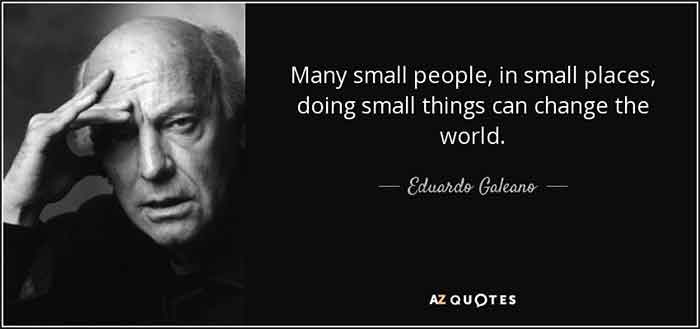
Aristotle famously said that man was a social animal: ζῷον πολιτικόν. He also strongly implied that what distinguished man from all other animals was his rationality.
Today this description seems to make more sense than ever.
Human beings, contrary to the contract theorists such as Hobbes, Locke, and Rousseau, were never lone beings in search of society. They always were in society already.
Humans evolved within groups not as singletons like modern day Orangutans.
And this prehistorical social history is what shaped who we were to become.
While sociality came first, the rise of reason was not far behind.
To navigate increasingly complex social dynamics, early hominins would need to make use of their ever expanding reasoning powers. And here is where the dialectic of human history began.
As early hominins became increasingly adept at manipulating their environment through tools such as fire and stone implements they also became more able to mold and direct their social lives.
The more they understood about their environment, the more they began to understand about themselves both as individuals and as members of a group.
Intra-group social dynamics, tool making, and individual awareness all rose complexly together with an ever more powerful capacity to reason about all three and, most importantly, to improve upon them.
Thus human intelligence/technology was always social. And sociality fueled that intelligence along with technological change.
For example, tool use was not just the invention of a useful technology but the introduction of a new element within the social life of the group. It became part of group dynamics and inevitably changed how the group functioned on a daily basis. In this way, the introduction of tools within the social group led to more complex behaviors and the multiplication of the possibilities for social interactions of all kinds through a combination of reason and its fanciful twin, imagination. Learning to make tools and thinking of new ways to use them would be just two of the new cognitive challenges presented by a new tool or technique within the group. Social status, a sense of aesthetics, even a sort of primitive narratology would all potentially intertwine in any kind of material or organizational change. The introduction of any kind of technology is always changing group dynamics by pushing individuals in new directions.
Yet, if man is indeed a rational, social animal as Aristotle would have it, where does ethics fit in?
For a rational, social animal ethics is the blueprint that shapes social living. It is the compass to which we look as to how to behave in relation to others. It is the essential guide to group living. Without it, there would be no groups, they would disintegrate into a selfish chaos leading to eventual extinction.
With the rise of reason, sociality would be strengthened and ever more complex rules (ethics) established to maintain group order and stability. Together, reason, sociality, and ethics would over time prove to be the successful algorithm of mankind. This powerful dialectical triumvirate would eventually allow for ever greater forms of material, social, and mental complexity thrusting mankind forward towards mastery of his environment and himself. For indeed both abilities were needed if humankind were to not only survive, but thrive as well.
It is in this sense that I posit the following unfashionable thought: Every highly intelligent, social species by the very fact of its being intelligent and social presupposes the emergence of a basic ethics. In this way, ethics can be viewed as inherently teleological as pertains to any intelligent, social species. Sociality:Reason:Ethics. It is in this particular sense that ethics could be said to be objective. It is teleologically necessary for the continued successful emergence of an intelligent, social species. Ethics necessarily emerges from the twin prior capabilities of reason and sociality with the latter being the dominant factor if not, by itself, sufficient. However, what kind of ethics emerges remains an open possibility.
Dan Corjescu has a PhD in Continental Philosophy from Sofia University. Teaches at Ravensburg-Weinburg and Neu Ulm University of Applied Sciences.
GET COUNTERCURRENTS DAILY NEWSLETTER STRAIGHT TO YOUR INBOX
















































